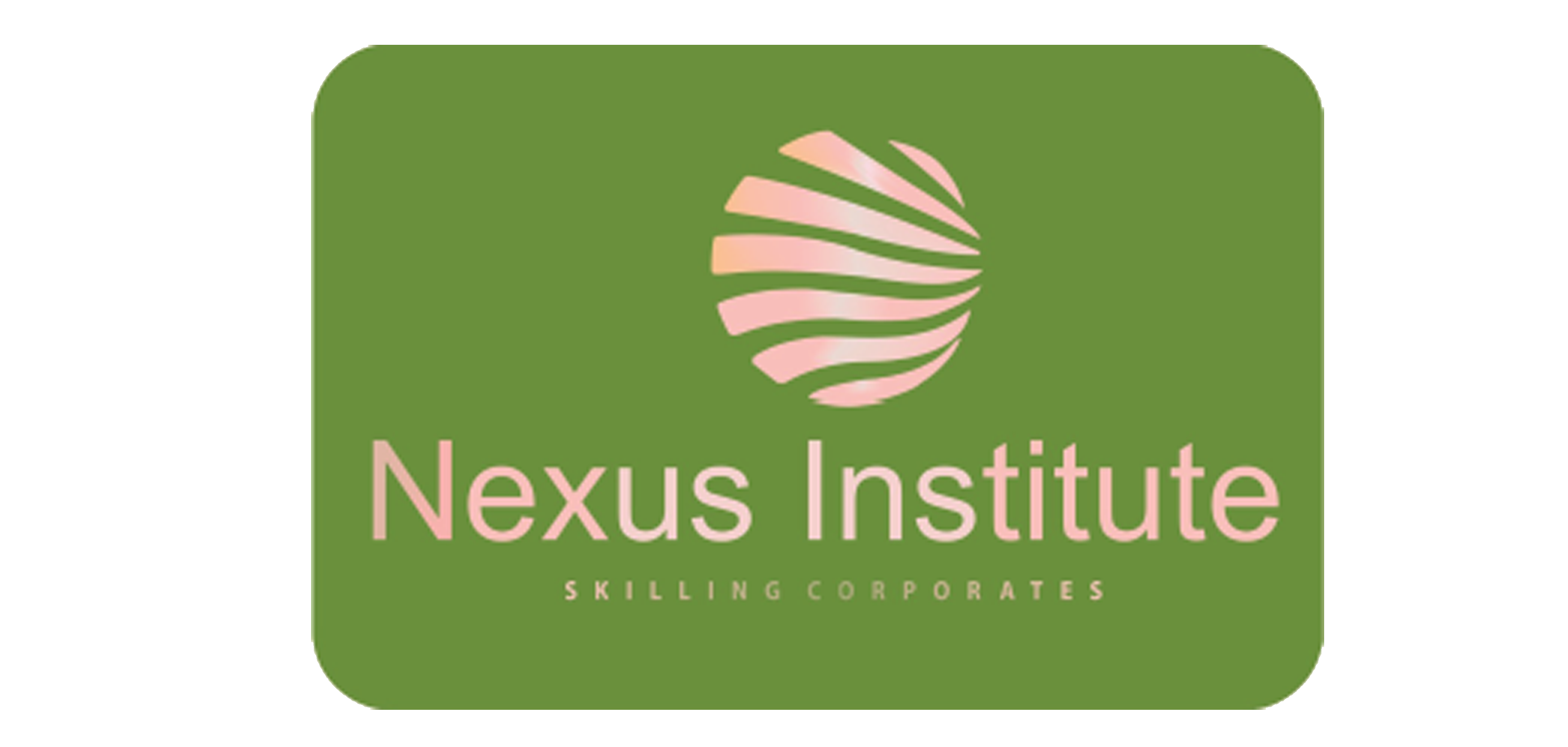Course Overview
Overview:
The Financial Literacy Essentials training program aims to equip participants with the knowledge and skills necessary to make informed financial decisions, manage personal finances effectively, and build a strong foundation for financial well-being. Through a series of interactive sessions, practical exercises, and real-world examples, participants will gain confidence in navigating various aspects of personal finance, including budgeting, saving, investing, debt management, and retirement planning.
Objectives:
Increase Financial Awareness:
Enhance participants’ understanding of fundamental financial concepts, terminology, and principles.
Promote Sound Financial Decision-Making:
Provide participants with the tools and knowledge needed to make informed financial decisions aligned with their goals and values.
Develop Budgeting and Money Management Skills:
Teach participants how to create and maintain a budget, track expenses, and manage cash flow effectively.
Encourage Saving and Investing:
Educate participants on the importance of saving and investing for the future, as well as strategies for building wealth and achieving financial goals.
Manage Debt Wisely:
Help participants understand different types of debt, develop strategies for debt repayment, and avoid common pitfalls associated with debt.
Plan for Retirement and Financial Security:
Introduce participants to retirement planning basics, including saving for retirement, estimating retirement needs, and understanding retirement accounts.
Foster Financial Confidence:
Empower participants to take control of their financial futures, overcome financial obstacles, and build resilience in the face of financial challenges.
Course Content:
Introduction to Financial Literacy
- Importance of financial literacy
- Key financial concepts and terminology
Budgeting and Money Management
- Creating a budget and tracking expenses
- Managing cash flow and living within means
Understanding Income and Taxes
- Different sources of income
- Basics of taxation and tax planning
Saving and Emergency Funds
- Importance of saving for emergencies
- Strategies for building an emergency fund
Introduction to Investing
- Basics of investing: stocks, bonds, mutual funds, etc.
- Risk and return in investing
Debt Management
- Types of debt and their implications
- Strategies for debt repayment and avoidance
Retirement Planning
- Retirement savings vehicles: 401(k), IRA, etc.
- Estimating retirement needs and planning for retirement
Insurance and Risk Management
- Basics of insurance: health, life, property, etc.
- Managing financial risks through insurance
Estate Planning
- Basics of estate planning: wills, trusts, etc.
- Ensuring financial security for loved ones
Financial Well-being and Goal Setting
- Setting financial goals and priorities
- Assessing financial progress and adjusting goals
Case Studies and Practical Exercises
- Analyzing real-life financial scenarios
- Practical exercises for budgeting, investing, etc.
Resource Allocation and Action Planning
- Developing a personalized financial action plan
- Identifying resources for ongoing learning and support
Conclusion:
By completing the Financial Literacy Essentials training program, participants will gain the knowledge, skills, and confidence needed to take control of their financial futures, make informed financial decisions, and achieve financial well-being. They will be equipped with practical tools and strategies to navigate various financial challenges and opportunities throughout their lives.



